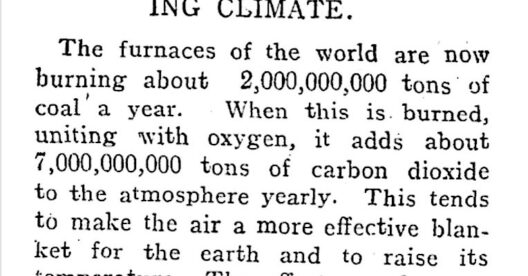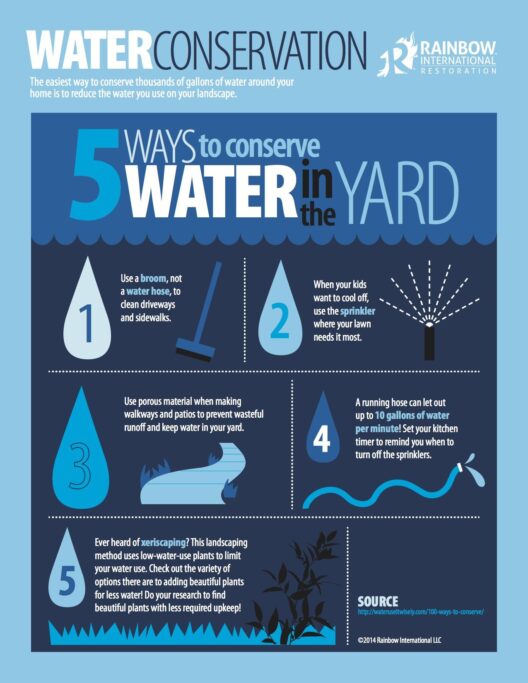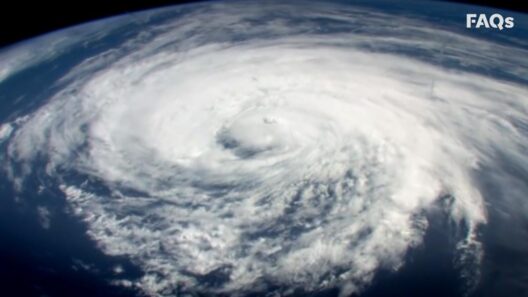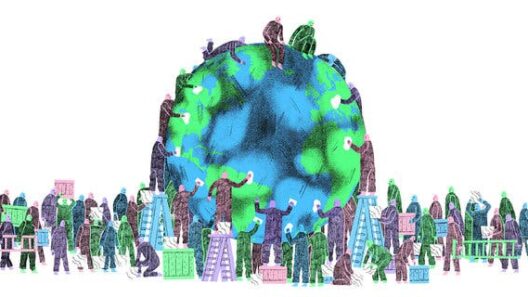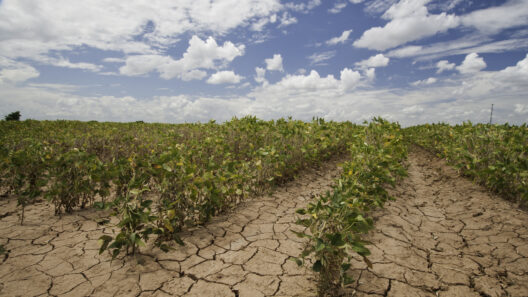Global warming represents one of the most pressing challenges of our time. As temperature averages rise, the repercussions are felt across ecosystems, economies, and societies alike. Yet the question looms large: can individual actions make a substantial difference in the fight against global warming? The answer is complex, rooted in a myriad of factors including behavior, policy, and technology. This article delves into the multifaceted role individuals can play in mitigating climate change, while also exploring the limitations of individual actions in the broader context of systemic issues.
The Individual’s Role in Climate Action
Individuals possess significant potential to contribute positively to the environment. Lifestyle changes, conscious consumer choices, and community engagement can yield substantial benefits. For instance, reducing energy consumption in homes through energy-efficient appliances or switching to renewable energy sources, such as solar power, are practical steps that can decrease one’s carbon footprint. Cultivating a sustainable lifestyle also includes embracing plant-based diets, which are evidenced to have lower greenhouse gas emissions than their meat-centric counterparts.
Moreover, transportation choices have a profound impact. Opting for public transport, cycling, or walking not only reduces carbon emissions but also promotes healthier communities. Even the simple act of carpooling can lead to a notable reduction in greenhouse gases. Transitioning to electric vehicles (EVs) further exacerbates this effect, especially when coupled with charging sourced from renewable energy.
Consumer Power and Purchasing Decisions
Every purchase is a vote for the kind of world one wants to build. Individuals can leverage their economic power by supporting companies committed to sustainability. This includes purchasing products with minimal packaging, boycotting single-use plastics, and prioritizing goods from companies that practice environmental stewardship. By choosing to buy local, consumers not only reduce transportation emissions but also bolster the local economy.
In addition to consumer choices, advocating for market reforms, such as carbon pricing or divesting from fossil fuel companies, can propel larger systemic changes. Individuals can join or establish local movements that pressure businesses and governments to adopt practices that are more aligned with environmental sustainability. Leveraging social media for grassroots campaigns can spread awareness, mobilizing broader community action.
Community and Collective Action
While individual actions are important, collaborative endeavors amplify impact. Forming community groups to promote sustainability initiatives can foster collective behavioral changes. Organizing local cleanups, tree-planting events, or workshops on sustainable practices creates a network of engaged citizens committed to fighting climate change. Such grassroots movements often influence policymakers to prioritize environmental regulations and funding for green initiatives.
Moreover, individuals can advocate for climate education within school curricula, ensuring that future generations understand the gravity of global warming and the tactics to combat it. Cultivating climate literacy is foundational for fostering a culture of environmental stewardship.
The Limitations of Individual Action
Despite the significance of individual efforts, it is crucial to recognize their inherent limitations in solving the colossal issue of global warming. The scale of emissions generated by industrial activities dwarfs the impact of individual actions. Systemic change is essential, and this necessitates a concerted effort by governments and corporations. Policy frameworks that regulate emissions, incentivize clean energy, and support sustainable practices play a pivotal role in this battle.
Moreover, structural inequalities exacerbate the challenges posed by climate change. Vulnerable populations often bear the brunt of environmental degradation. Therefore, while individuals in affluent societies may have the means to enact significant change, those in impoverished conditions might struggle to make similarly impactful choices. Addressing climate change must also encompass social justice to ensure that equitable solutions are pursued.
Conclusion: A Multifaceted Approach to Climate Change
Individuals can indeed play a vital role in mitigating global warming through conscious lifestyle choices, community involvement, and advocacy. However, it is imperative to recognize the essential partnership between individual actions and collective systemic reforms. Policymakers must introduce robust regulations and incentives that facilitate a transition away from fossil fuels and toward sustainable practices. Ultimately, while personal responsibility is significant, the efficacy of these efforts can achieve critical mass only when coupled with broader societal changes that seek to restructure industries and invigorate economic models in ways that prioritize ecological integrity.
In summary, individual actions can contribute to the larger fight against climate change, but a united, multi-pronged approach that embraces both personal responsibility and systemic reform stands as the most formidable strategy against the looming peril of global warming.



